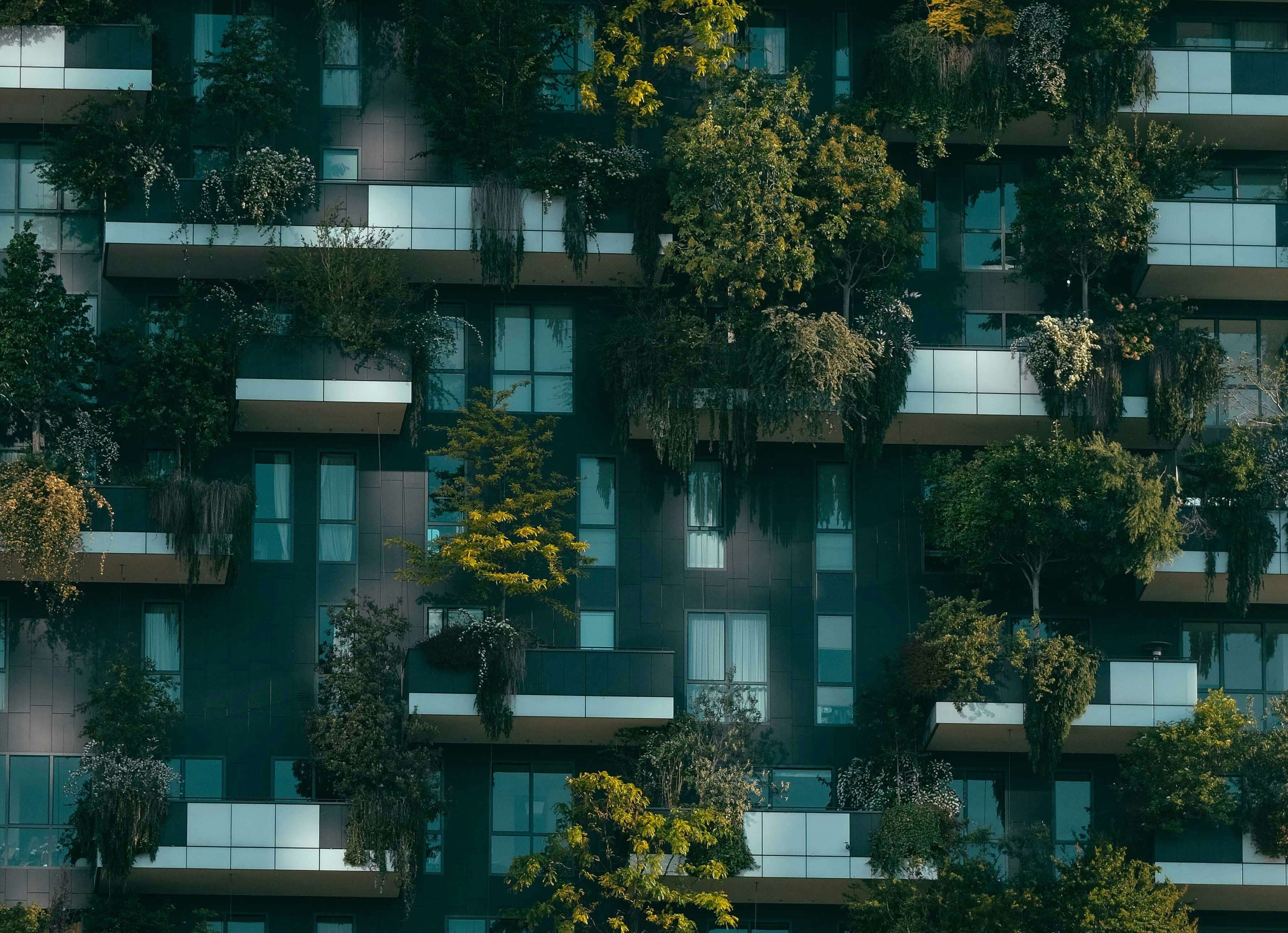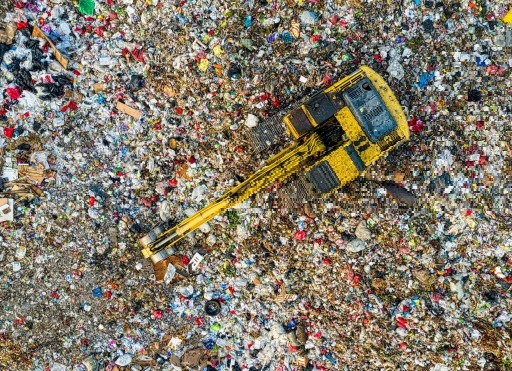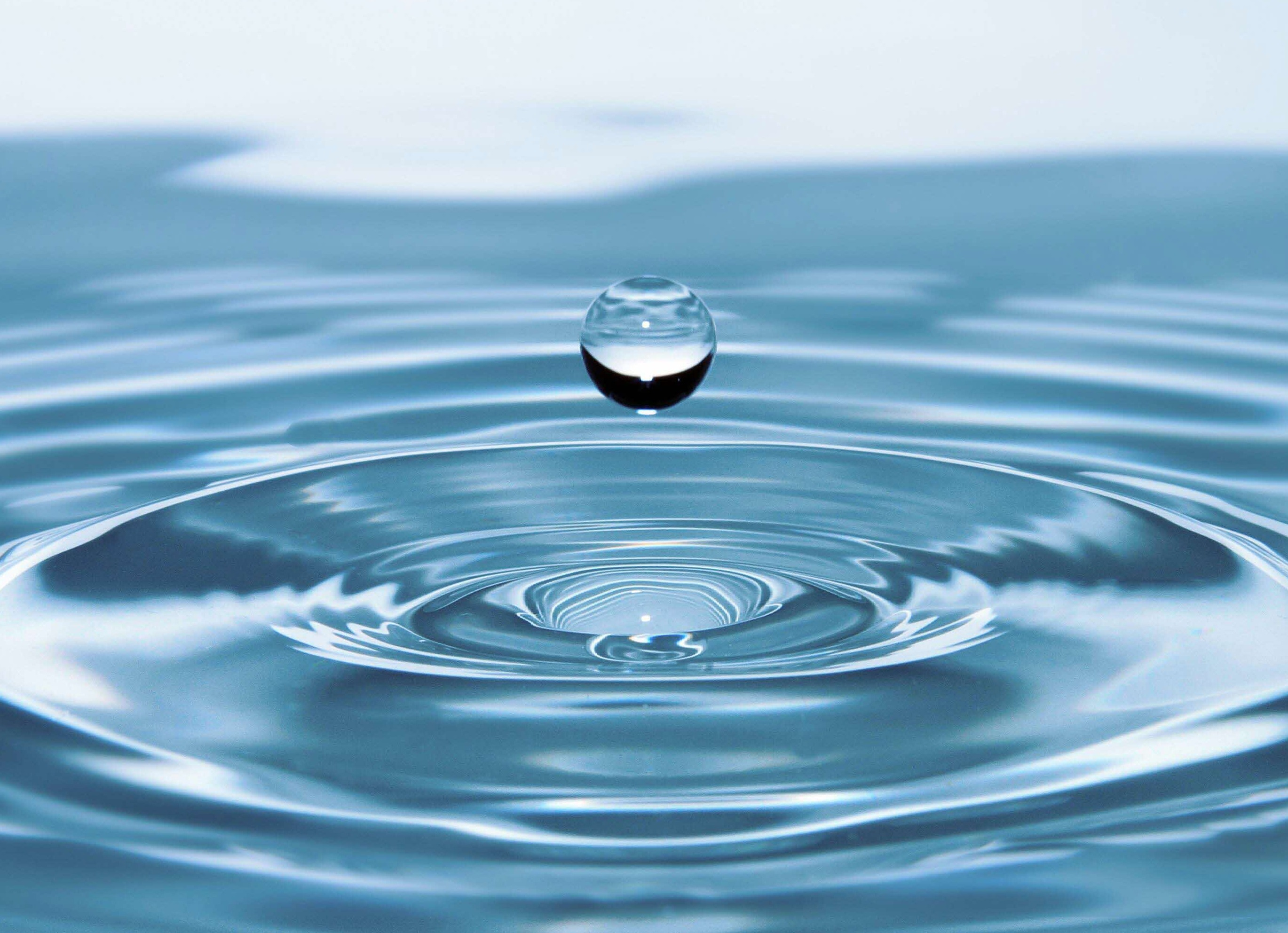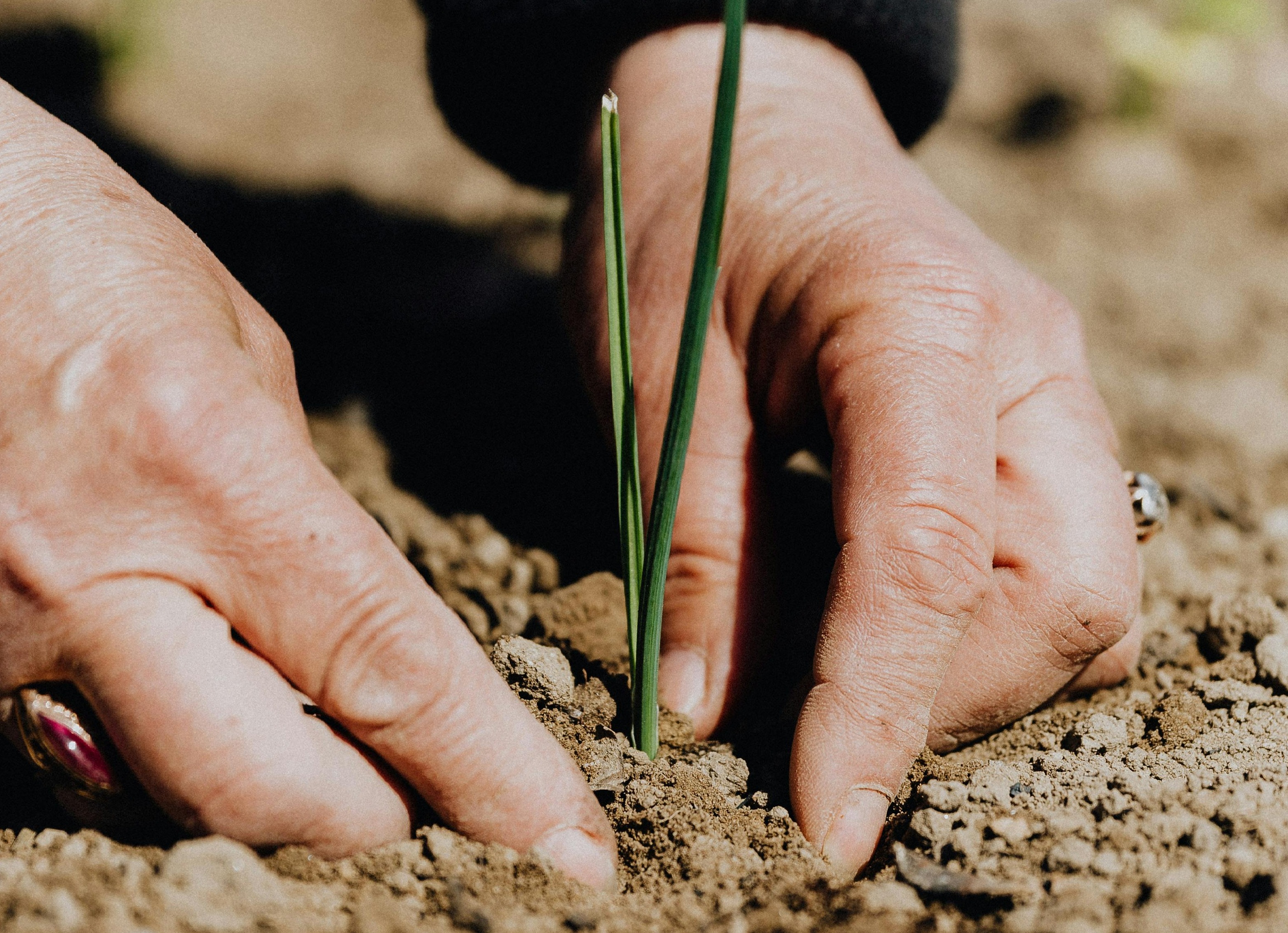According to the 2019 International Energy Agency (IEA) report, the building and construction sector accounted for 39% of world’s energy and process-related carbon dioxide (CO2) emissions in 2018. Locally in Singapore, where the lifespans of buildings tend to be shorter due to urban renewal, the breakdown of carbon emissions for buildings is typically 40 percent embodied carbon emissions versus 60 percent for carbon emissions due to building operations. This places a great importance on improving the energy efficiency of our buildings to reduce the overall carbon footprint of our Built Environment sector.
In 2022, about 7.39 million tonnes of solid waste were generated and this is expected to increase to 11 million tonnes by 2035. The Semakau Landfill, Singapore's only landfill, is expected to reach its maximum capacity by 2035. The increase in waste coupled with low recycling rates point to the urgent need for collective action to address Singapore’s waste problem. A collective action will contribute towards Singapore’s Zero Waste Masterplan by reducing the waste generated by the Jurong Innovation District estate.
According to Public Utilities Board (PUB), water demand in Singapore is currently about 430 million gallons a day (mgd) that is enough to fill 782 Olympic-sized swimming pools, with homes consuming 45% and the non-domestic sector taking up the rest. By 2065, Singapore's total water demand could almost double, with the non-domestic sector accounting for about 60%. Through reduction and recycling efforts, we will be able to reduce the amount of water consumed within the estate.
In 2020, Singapore’s emissions totalled 49.7 MtCO2e, ranking 27th out of 142 countries in terms of emissions per capita. Out of these primary emissions, the emissions generated by the industry sector is the largest, amounting to 44.4% followed by power generation at 39.8%. As such, there is a large potential for clean energy technologies (e.g. power-to-X technologies) and for carbon capture technologies to reduce the amount of greenhouse gases being emitted by our tenants/lessees.
The DECAL is looking to solicit innovative deployment ideas (or projects) on resources optimisation to enhance the JID communities’ sustainability performance and competitiveness by improving resource efficiency (e.g. energy/water usage, reduce waste output and explore low carbon technologies) with the aim of decreasing the carbon footprint of JID as a whole, or leading to quantifiable resource gains.





